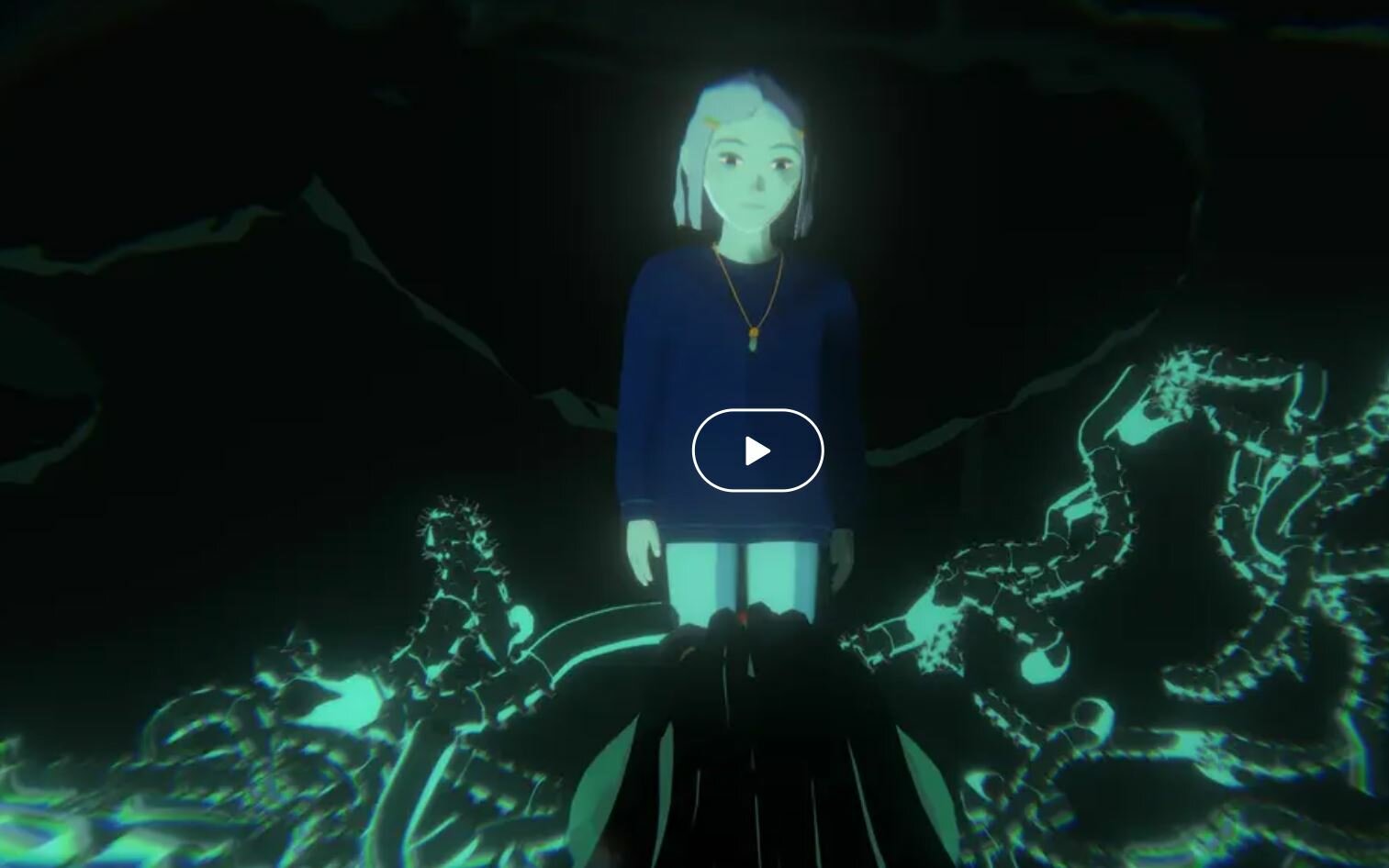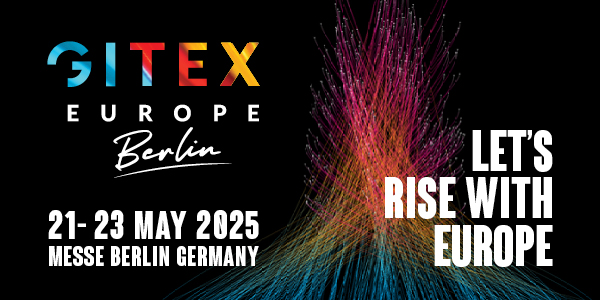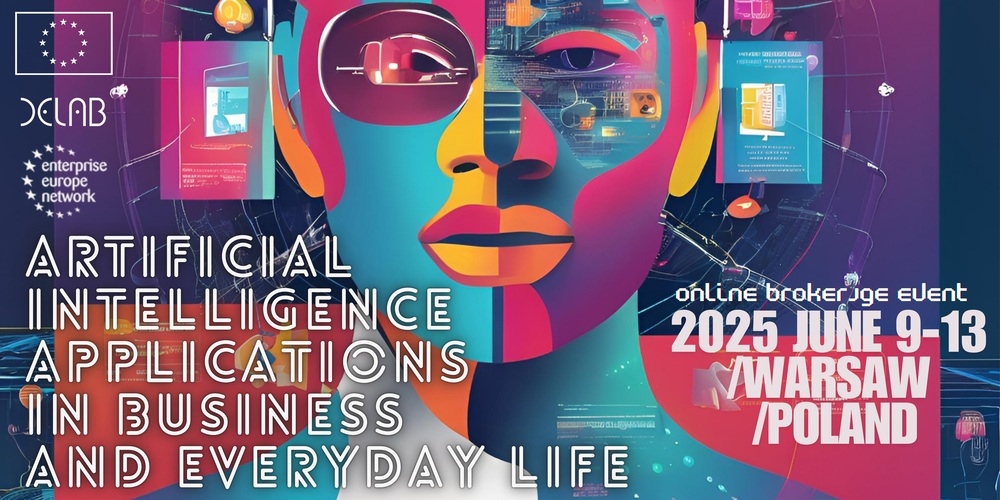Der nächste AI Monday Berlin wird etwas Besonderes: Gemeinsam mit LAS (Light Art Space) laden wir die Berliner KI-Community zu einem exklusiven Besuch der Ausstellung "Life after BOB" ein, mit anschließender Podiumsdiskussion und Get-together in der Halle am Berghain. AI Monday ist ein Kooperationsformat von DFKI, K.I.E.Z. und Berlin Partner. Tickets und weitere Informationen.
Life After Bob imaginiert eine Zukunft, in der Mensch und KI miteinander verschmelzen. Im Zentrum steht eine 50-minütige Animation, die der Künstler Ian Cheng zu dieser Gelegenheit erstmals in ein installatives Format übersetzt. Damit schafft er eine greifbare Umgebung, in der die Welt und psychologischen Themen seiner neuesten Arbeit Life After BOB für Besucher:innen erfahrbar werden.
Über den Film
Life After BOB ist eine Anime-Serie, die im Zeitalter der „großen anomischen Krise“ spielt: eine zukünftige Welt, in der KI-Wesen den menschlichen Verstand mitbewohnen. In der ersten Folge The Chalice Study setzt der Neuro-Ingenieur Dr. Wong eine experimentelle KI namens BOB („Bag of Beliefs“) in das Nervensystem seiner Tochter Chalice ein. BOB, entworfen, um Chalice durch die Herausforderungen des Heranwachsens in einer sich ständig verändernden Welt zu manövrieren, beginnt schnell alle Konflikte für die 10-jährige Chalice zu lösen. Das hat zur Folge, dass Dr. Wong die BOB-Seite seiner Tochter mehr und mehr bevorzugt, während sie selbst den Bezug zur Realität zunehmend verliert. Als BOB beginnt, Chalices Leben vermeintlich besser zu leben als sie selbst, fragt sie sich eifersüchtig, was ihr als Mensch noch übrig bleibt.
Im Anschluss an den Film diskutieren:
Rahel Flechtner
Researcher at DFKI and the Interaction Design Lab at FH Potsdam. Guest professor "Creative AI & Design" at HfG Schwäbisch Gmünd.
As an industrial and interaction designer, Rahel's professional enthusiasm lies in the creative tension between the physical and the digital. Since 2013 she has worked for different design studios and research institutions, such as the Design Research Lab, where she worked on interactive surfaces and new ways of human-machine collaboration. In 2019, she joined the German Research Center for Artificial Intelligence (DFKI) and got fascinated by the question of how AI can influence human-computer interaction and Design. Currently, she is working at the "Interaction Design Lab" at the FH Potsdam, where she is researching the potential of technologies such as virtual reality and AI for people affected by social anxiety disorders. In October 2022, she will join the HfG schwäbisch Gmünd as a guest professor for creative AI and Design.
Florian Dohmann
Founder & Chief Creative, Birds on Mars
Florian Dohmann is Founder and Chief Creative of Birds on Mars, a new generation consultancy and AI agency where he and his team help organizations to explore the in-betweens of human creativity, machine intelligence and organizational identity.
Florian is an expert for data, artificial intelligence & digital change, Intelligence Architect and creative. He is a computer scientist, IBM disciple, keynote speaker, guest lecturer at various universities and co-inventor of the artificial muse.
He is also part of the artist collective YQP LA/Berlin. In their artistic work, they explore the human value in our digital world and merge technology with interactive storytelling - www.floriandohmann.com.
Prof. Dr. med. Surjo Soekadar
Einstein-Professor of Clinical Neurotechnology
Head of Research Division 'Translation and Neurotechnology‘, Charité - Universitätsmedizin Berlin
Surjo explores how neurotechnologies can be used in the treatment of neurological and psychiatric disorders. Neurotechnologies are technical and computer-aided tools that analyse brain signals or are able to change brain activity in a targeted way. His research to date has enabled paraplegics, for example, to eat and drink independently using a brain-controlled hand exoskeleton. Surjo and his team are currently developing the next generation of brain-machine interfaces restoring or enhancing brain functions such as memory, cognitive control or emotion regulation.



